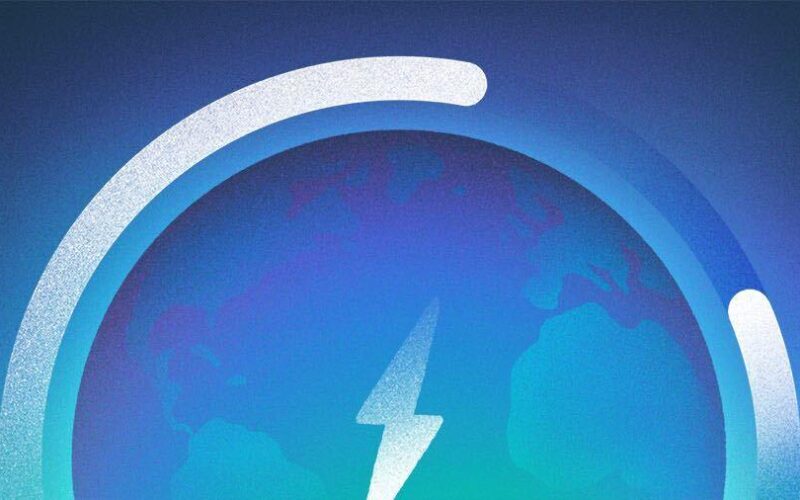A few months ago, we wrote about a boom in funding to startups focused on hydrogen energy.
As it turns out, the cycle is not over. Rather, companies tied to low-emission hydrogen have continued to land big rounds for technologies tied to producing fuel and developing hydrogen-powered batteries and engines.
The most recent to do so is ZeroAvia, a developer of hydrogen-powered airplane engines. The Hollister, California-based company announced last week that it completed an extension round that brings its Series C to $150 million. Scottish National Investment Bank joined as the newest investor, as ZeroAvia pursues a manufacturing facility in Scotland.
Per Crunchbase data, at least 23 hydrogen-focused startups globally have secured financing so far this year, bringing in over $1.4 billion in equity funding.
The companies, listed below, are targeting niches ranging from heavy-duty hydrogen-powered trucks to identifying and commercializing geologic hydrogen sources. Others are developing or scaling production of electrolyzers, devices that use electricity to split water into hydrogen and oxygen.
China’s leading role
China, which has seen a sharp overall slowdown in startup investment, remains a hot spot for hydrogen-related funding. The country ranks as the global leader in installed capacity of electrolyzers, per the International Energy Agency. It’s also the top electrolyzer manufacturer, accounting for 40% of the global supply.
Investment to Chinese hydrogen-focused startups and growth-stage companies reflects the country’s leading role. Companies that raised large rounds this year include LONGi Hydrogen Energy, a green hydrogen company, Sunshine Hydrogen, a developer of hydrogen power-supply technology, and Zhongke Qingneng, a liquid hydrogen supplier.
A global funding phenomenon
However, there’s also plentiful funding to other regions, as evidenced by this year’s larger rounds.
For instance this spring, Australia-based Hysata, a developer of electrolyzer technology, picked up $110 million in a financing co-led by BP Ventures and Templewater.
A larger round came earlier this year when Denver-based Koloma, which focuses on identifying and commercializing geologic hydrogen resources, closed on the largest early-stage round for the space, landing $246 million in a Series B led by Khosla Ventures.
Government funding is also boosting the sector. One of the bigger infusions came in March, when the U.S. Department of Energy announced $750 million for 52 projects aimed at cutting the cost of clean hydrogen and supporting U.S. leadership in the industry. More than half of the funding will go to electrolyzer manufacturing and supply chain efforts.
Not everyone is on the rise
The upturn in hydrogen-related funding activity hasn’t translated into good times for everyone in the space.
One that hasn’t fared so well is Hyzon Motors, a venture-backed developer of hydrogen fuel cell systems for trucks and other industrial applications that went public in 2021. Last week, the Illinois-based company announced that it was carrying out a 1-for-50 reverse split, after seeing shares shed more than 99% of their value since its debut.
While Hyzon’s aim to decarbonize fleet trucking sounds laudable, investors haven’t found similar appeal in its financials. In its last quarter, the company had just $300,000 in revenue and an average monthly cash burn of $9.2 million.
Like many companies that went public during the 2021 market boom, Hyzon had to cope with drastically changing investor preferences.
For still-private hydrogen-focused companies, however, the current IPO environment doesn’t look welcoming. So it’ll likely be a while before we see many tapping the public markets. Fortunately for now, private investors remain pretty enamored with the space.
Related Crunchbase Pro list:
Related reading:
Illustration: Dom Guzman
Stay up to date with recent funding rounds, acquisitions, and more with the
Crunchbase Daily.
Source link
lol

